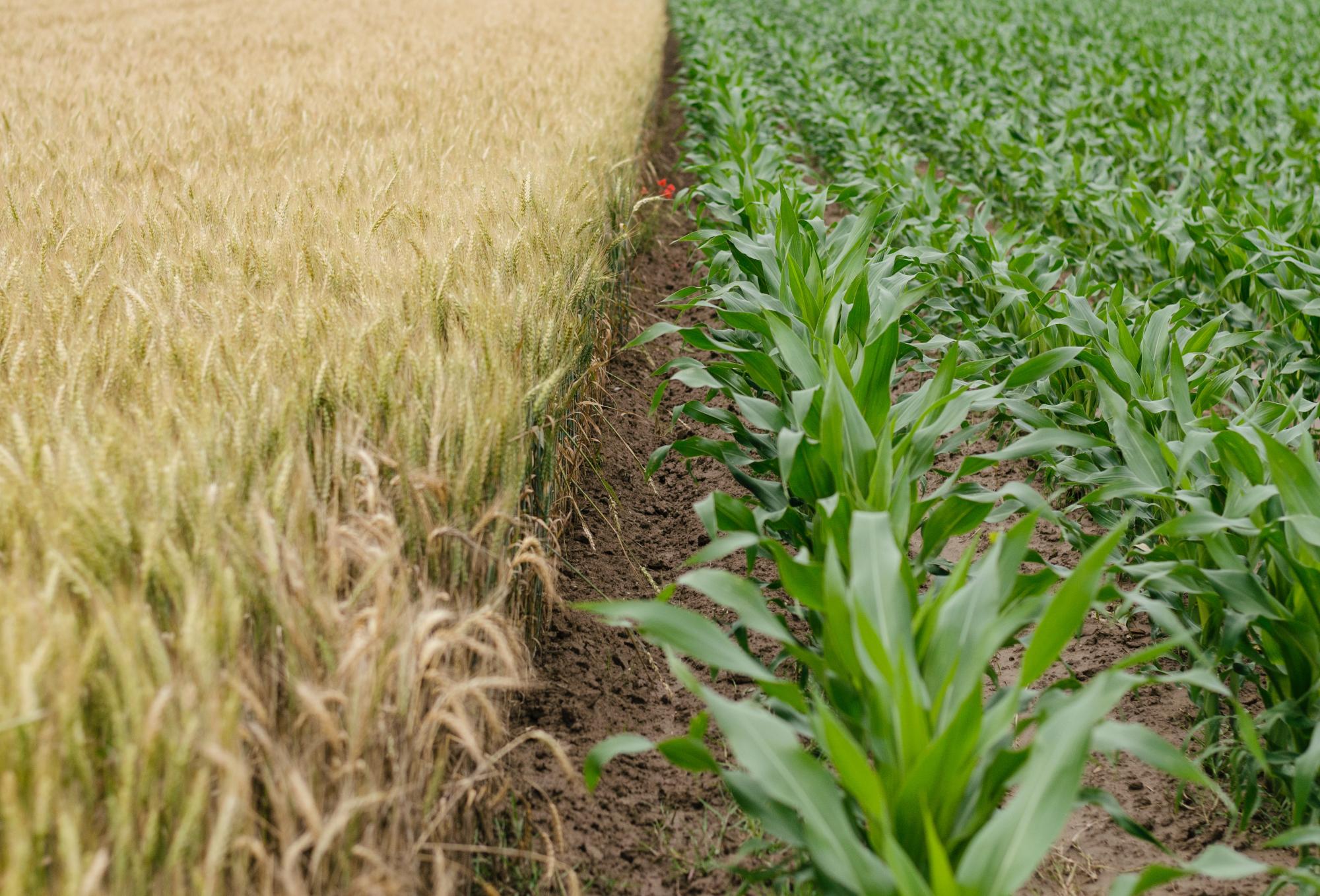
Potential and emerging impacts of the changing institutional landscape on the global exchange of Genetic resources for food and agriculture (GRFA)
In December 2015, C-STEPS received funding from US AID and the International Food and Agriculture Research Institute IFPRI, to conduct collaborative research aimed at identifying the potential and emerging impacts of the Nagoya Protocol on the global exchange and use of genetic resources for food, agriculture, and development. On October 12, 2014, the Nagoya Protocol to the Convention on Biological Diversity in 1993 creates an access and benefit-sharing (ABS) rights regime that seeks to improve global, national, and local governance over the use and exchange of genetic resources for food and agriculture (GRFA), as well as the sharing of benefits derived from those resources. The project includes four components:
1) a case-based approach to assess risks to access and use of GRFA relevant for regional or national donor investment strategies for development; 2) a global survey of the international agriculture development research community; and 3) a framework for ex ante analysis of the economic impact; and 4) an in-depth analysis of policy and investment options related to genetic resource use and exchange for consideration by governments in industrialized and developing countries, bilateral and multilateral donors, international development agencies, and international agricultural research centers and programs.